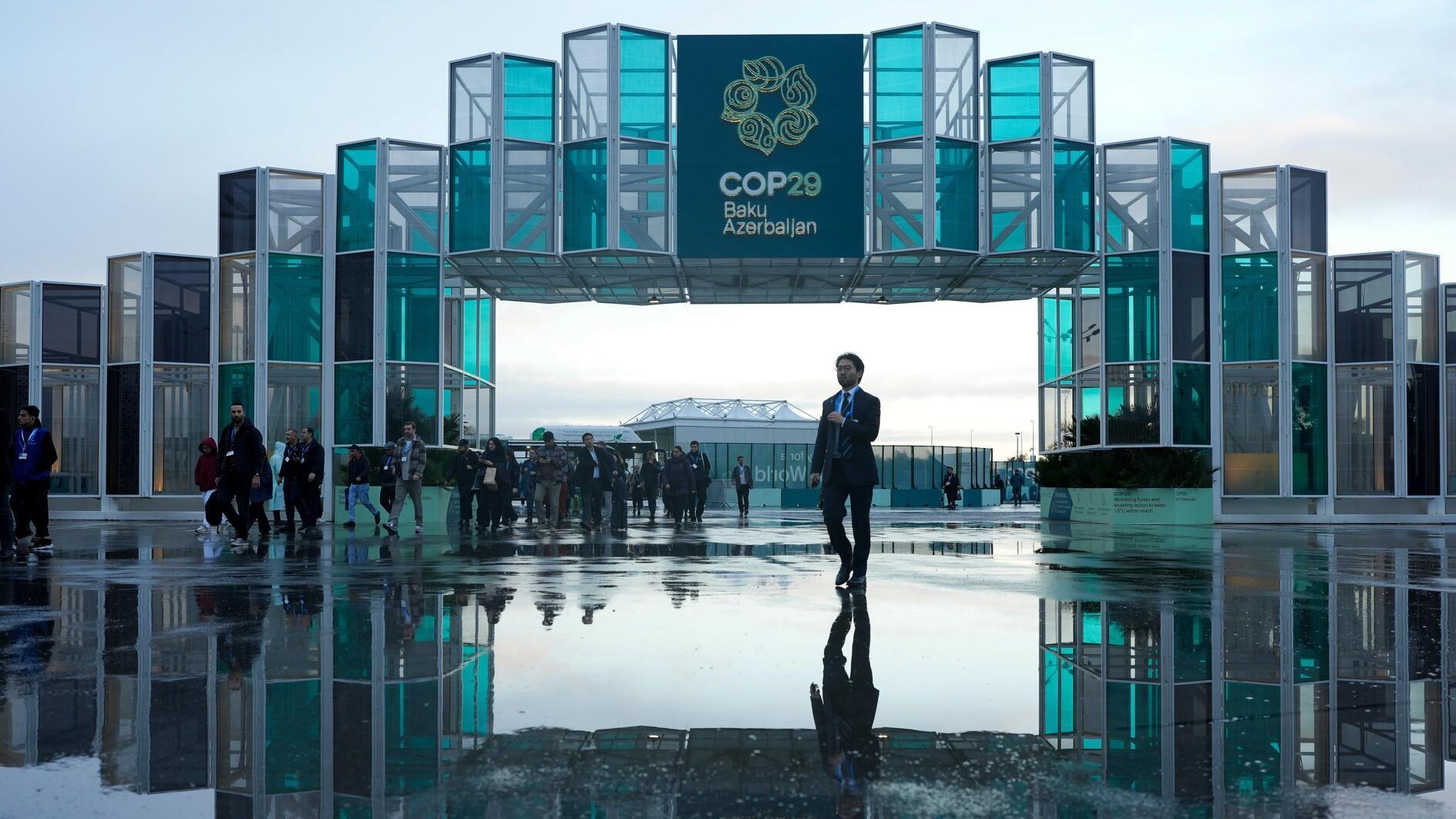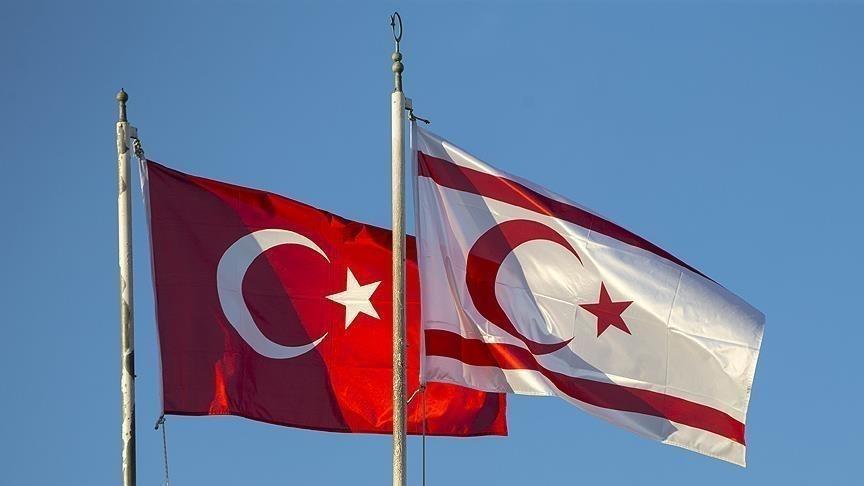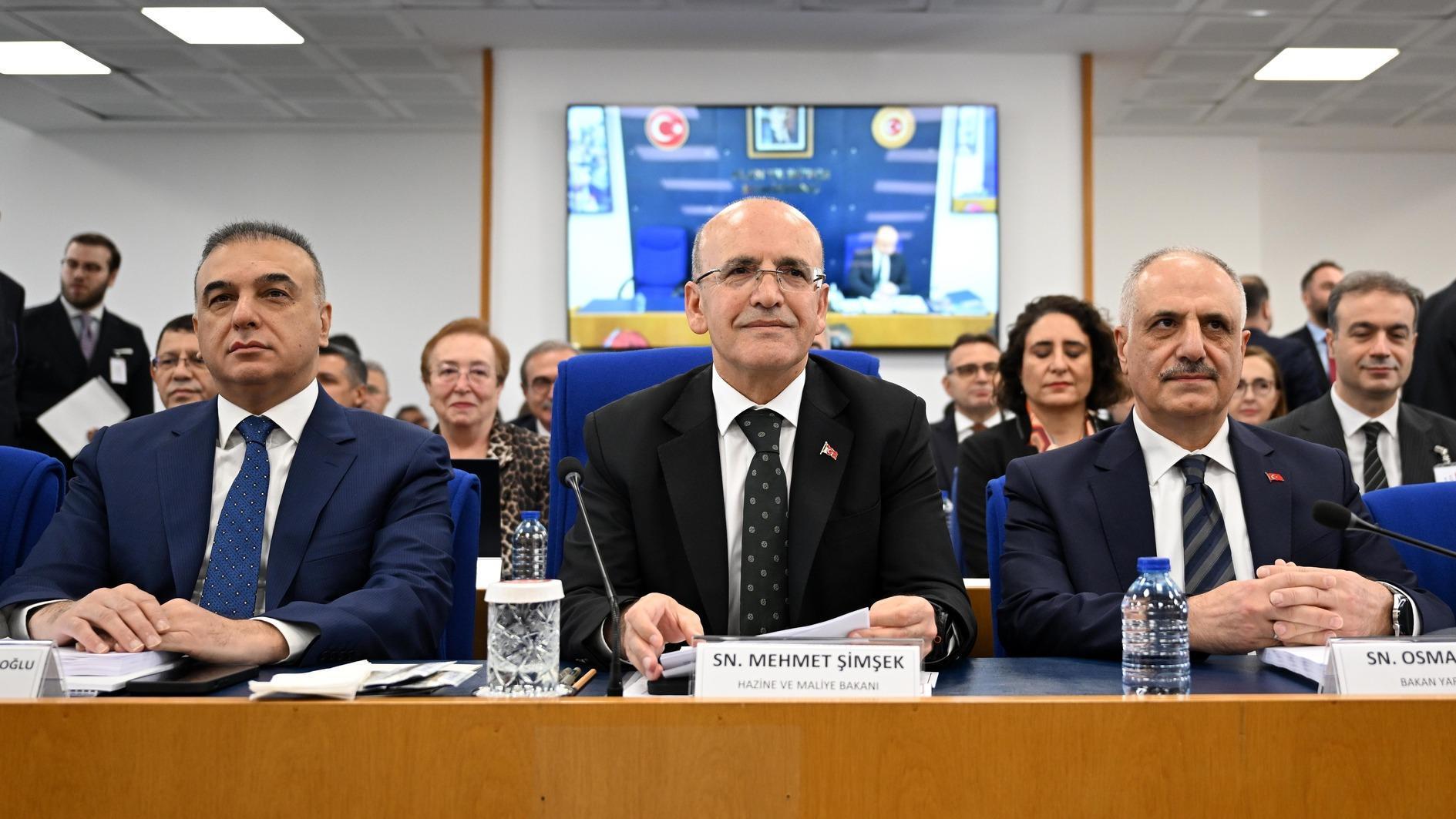Central Bank cuts key rate, urges discipline
Bloomberg

refid:11889295 ilişkili resim dosyası
The Turkish Central Bank one more time surprised the markets by reducing its benchmark interest rate by half a percentage points Tuesday evening, its eighth consecutive lowering. After the decision, the Bank’s Monetary Policy Committee, or MPC, said "clearer signs of an economic recovery" may lead to a pause in the cuts.The Bank reduced its overnight borrowing rate to a record 8.75 percent. The MPC had been forecast to cut the rate by a quarter-point, according to the median estimate of 19 economists surveyed by Bloomberg.
Governor Durmuş Yılmaz now has shaved 8 percentage points from the benchmark rate in eight months, joining policy makers worldwide in trying to spark recovery from recession. The Bank’s statement was "more cautious than previously and acknowledges there are signs of a partial recovery," said İnan Demir, economist for Finansbank in Istanbul. "It’s non-committal on the future of rates but it’s clearly preparing the market for an end to the easing cycle."
The Bank discussed "measured" future rate cuts as well as the possibility that "clearer signs of an economic recovery might bring about a slowing in the pace of cuts or a pause in the reductions," it said in a statement accompanying the rates decision.
Inflation is likely to remain slow, the Bank said, pointing to low demand from abroad, high unemployment and a lack of domestic investment. "The Bank is biased toward minimizing the downside risks for growth," Nicholas Kennedy, emerging-market strategist at 4Cast Ltd. in London, said before the decision. "We’re in fine-tuning territory now after months of cuts."
The Bank also said it was concerned about managing liquidity in local money markets and said longer terms of "up to three months" in its weekly repo auctions would be "useful."
Inflation slowed to 5.2 percent in May, the lowest since July 1970. Yılmaz forecast on April 30 that inflation may end the year at 6 percent, below the Bank’s target of 7.5 percent, assuming that "interest rates are cut a limited amount in the short term and then held unchanged."
Turkish gross domestic product contracted 6.2 percent in the fourth quarter of 2008, the first decline in seven years. It may have shrunk more than 10 percent in the first three months of this year, according to Bank forecasts. Unemployment rose to 15.8 percent in March as the number of jobless people jumped to 3.8 million from 2.5 million a year earlier.
"The overall tone [of the Central Bank] is distinctly dovish and clearly it is looking to ease, until it sees more convincing evidence of a solid economic recovery," Ahmet Akarlı, a London-based economist at Goldman Sachs Group, wrote in a note to clients after the decision. The Bank will cut the key rate by another quarter-point in July and will then stop, he wrote.
Economists including Christian Keller at Barclays Capital and Yarkın Cebeci at JPMorgan Chase wrote in notes Wednesday that they also expect a reduction of 25 basis points next month.
Speaking yesterday, Durmuş Yılmaz urged the government to draft a plan for restoring fiscal discipline after spending more this year.
Increased expenditure this year is "understandable," Yılmaz said in Ankara. "But achieving single-digit interest rates in the long term depends on the implementation of a strong medium-term program."
Budget data for May announced on June 15 showed government spending in the first five months of the year rising an annual 24 percent as tax revenue fell 6 percent.
Signs of a recovery in domestic demand may be temporary because tax cuts have encouraged consumers, Yılmaz said. As signs of a recovery grow, it’s possible the pace of the Bank’s rate reductions may slow or stop, he said.
Any recovery may lead to accelerating inflation and the Central Bank is likely to be forced to eventually raise its main interest rate, Yılmaz said. Tax increases on new cars and home appliances will lead to a temporary rise in inflation in June and July, he said.
















